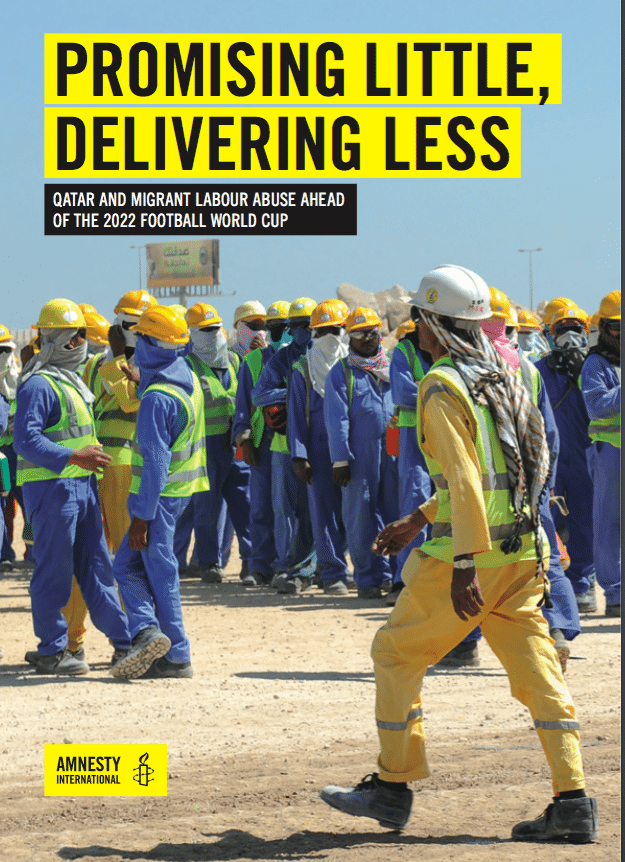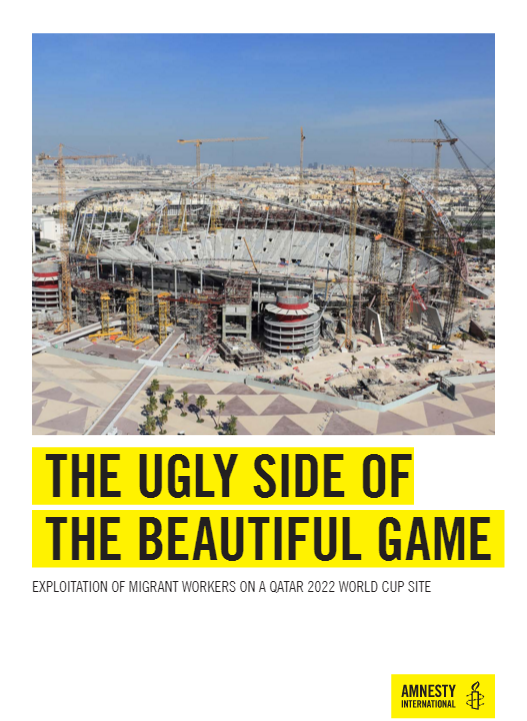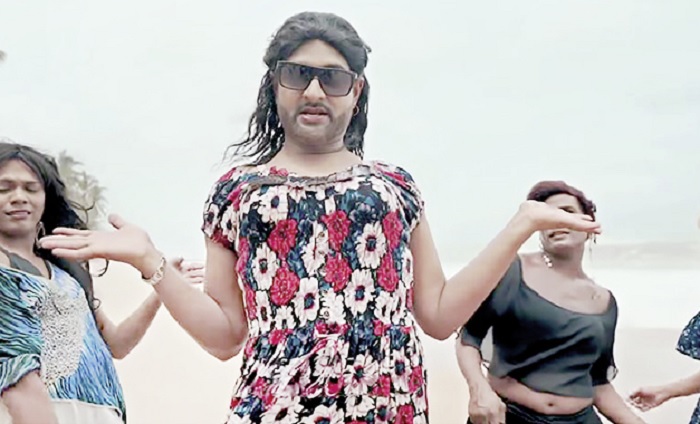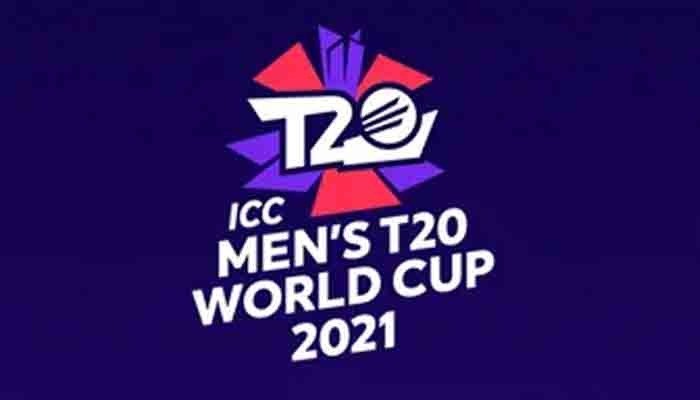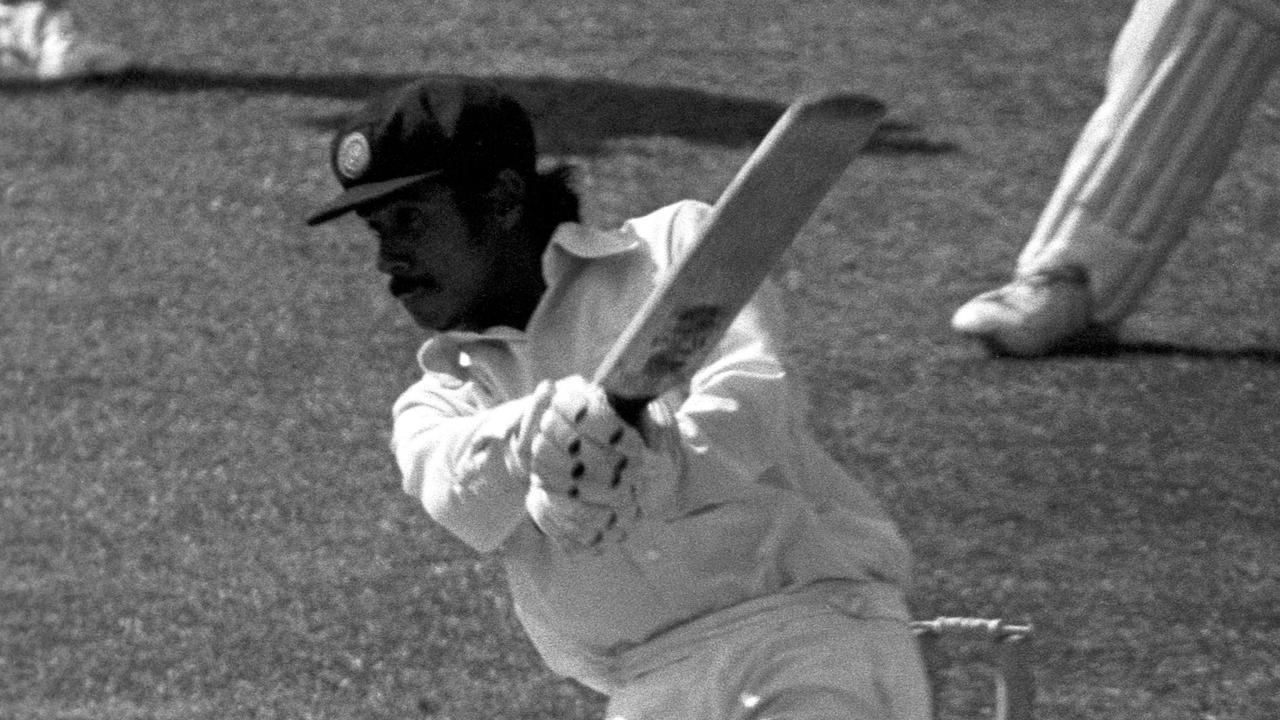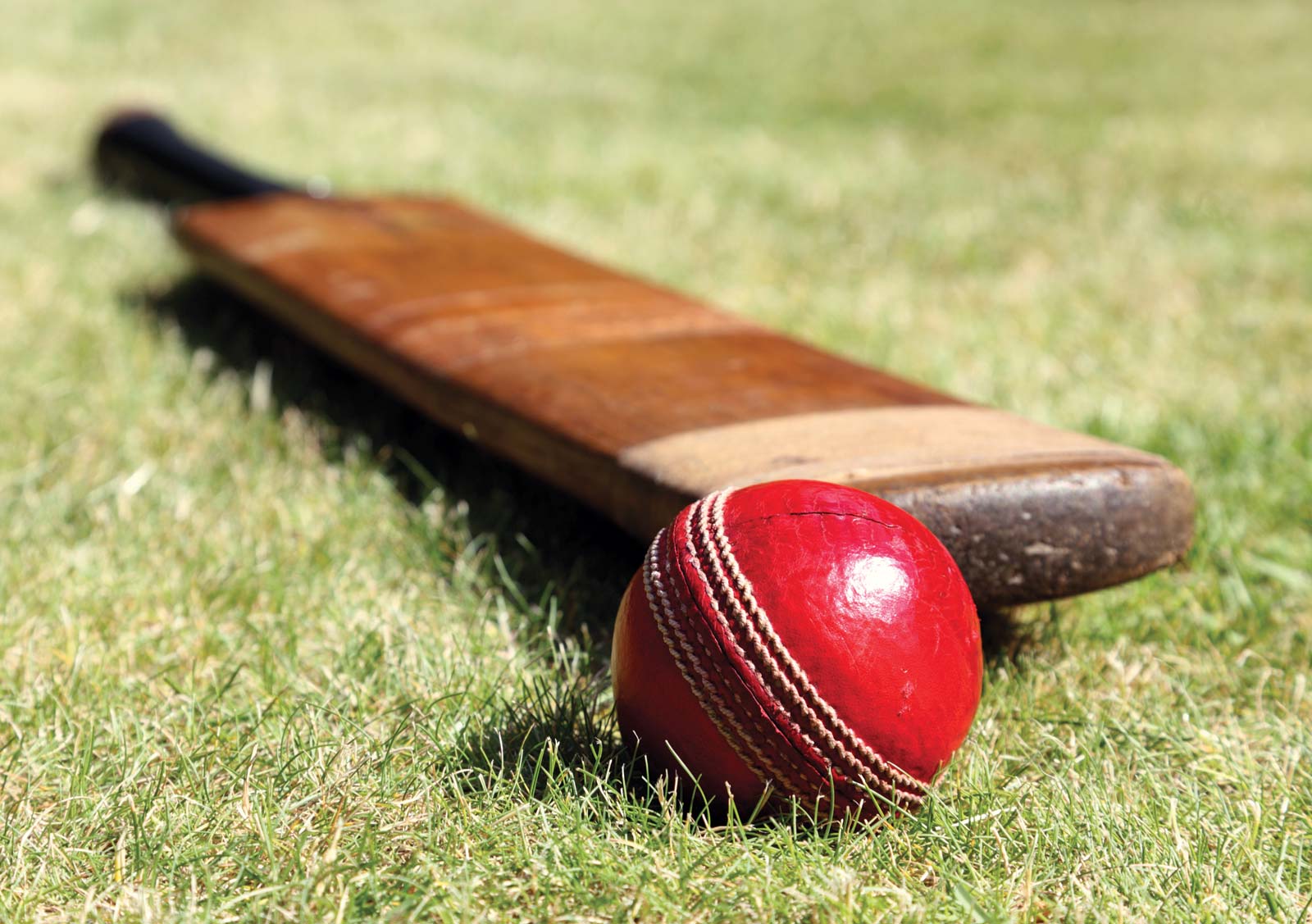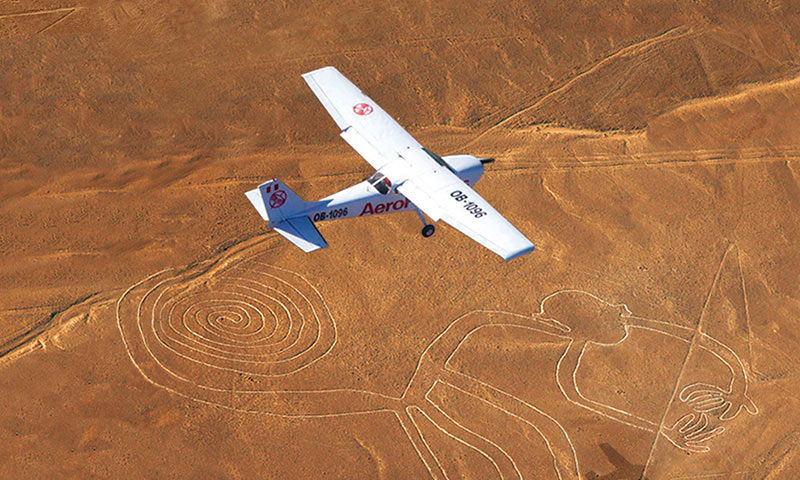A BEAUTIFUL GAME AND MODERN DAY SLAVERY
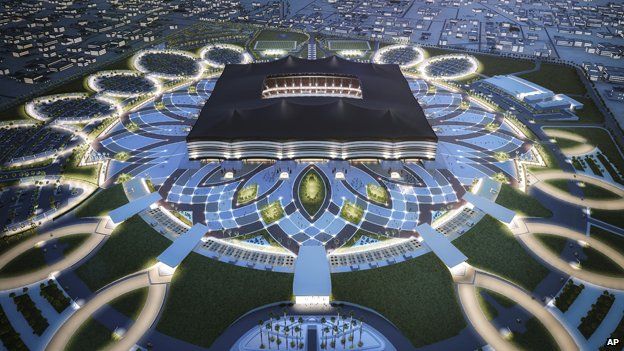
This article is dedicated to all migrant workers from India, Sri Lanka, Nepal, Pakistan, Bangladesh, and other countries for their contributions in Qatar.
In 2010, FIFA officially announced that Qatar would be the host for the 2022 soccer world cup. Five countries made their bid to host the competition, the global game which was understood by all ages. Former FIFA president Sepp Blatter told the press “We go to new lands. The Middle East and Arabic world has been waiting for a long time. So I’m a happy president when we talk about the development of football.”
For the Good of the Game
No doubt this was a glorious moment for the country, a soccer-loving nation, and the fans will have their memorable moments of the tournament. This was their first qualification in the world cup history and will do everything possible to be competitive.

Despite all the excitement world attention was drawn to one significant matter. Concerns on Human Rights for migrant workers who were involved in building the much-needed stadiums. Meanwhile, UK daily newspaper The Guardian claimed that more than 6500 workers have died on stadium construction sites since the World Cup was awarded to the Gulf State in 2010.
Human Rights record was never a favored subject within the Gulf States, despite thousands of labour force being attracted each year from different countries for employment opportunities. History and present-day incidents reveal many tragedies. It was a proven fact that Qatar was not following work ethics, health, and safety policies, and other labour welfare matters. Asian nationals from India, Pakistan, Nepal, Bangladesh and Sri Lanka migrant workers had to undergo devastating hardship when work started on the eight stadiums.
This particular news became headlines. Soccer playing nations, other Human Rights protection institutes, and media showed concerns. Going one step further International football teams from Europe started showing their support towards “safety of all workers” by wearing jerseys with slogans before the commencement of their qualification round matches. The Dutch team message was “Football support change” and the German team “Human Rights” and Norwegians “Human Rights on and off the field”. It was a very strong signal to the host and a sign of hope to all migrant workers.
The world’s attention was building. The Gulf State came under pressure and agreed to implement new work guidelines on safety for its workers. The involvement of the International Labour Organization (ILO) made matters more pressing for the Gulf nation. At the same time, new implementations of the labour law were highly acknowledged by institutions worldwide including Amnesty International.
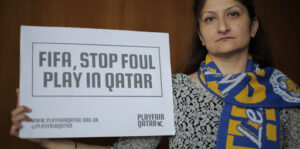
Going further there are other areas officials need to work on. Have the authorities compensated all workers who lost their lives up to now? Why wasn’t more attention not shown earlier by the concerned parties to provide better working conditions for the migrant workers? Had it been done, could many lives have been saved?
For the finals, 24 teams will qualify. The tournament itself will not be second to other previous tournaments. The Gulf nation will throw all its resources to bring the event to a success. Nothing wrong with that. Qatar’s team will perform at the highest level, speedy and dribbling South Americans will come storming. Determined African nations will make their presence felt, Europe will bring adventure and style. Asia will bring their own glamour. All teams will play with great sportsmanship and finally, only one nation will be crowned as world champions.
Germany and Netherlands join Norway in Qatar World Cup human rights message

Keeping to traditions team players will stand in front of their national flags singing their national anthems before each game.
At that very moment, from their hearts they will not forget to pay respect and gratitude to all people who made this possible especially to those migrant workers who lost their precious lives trying to make this beautiful game possible.
